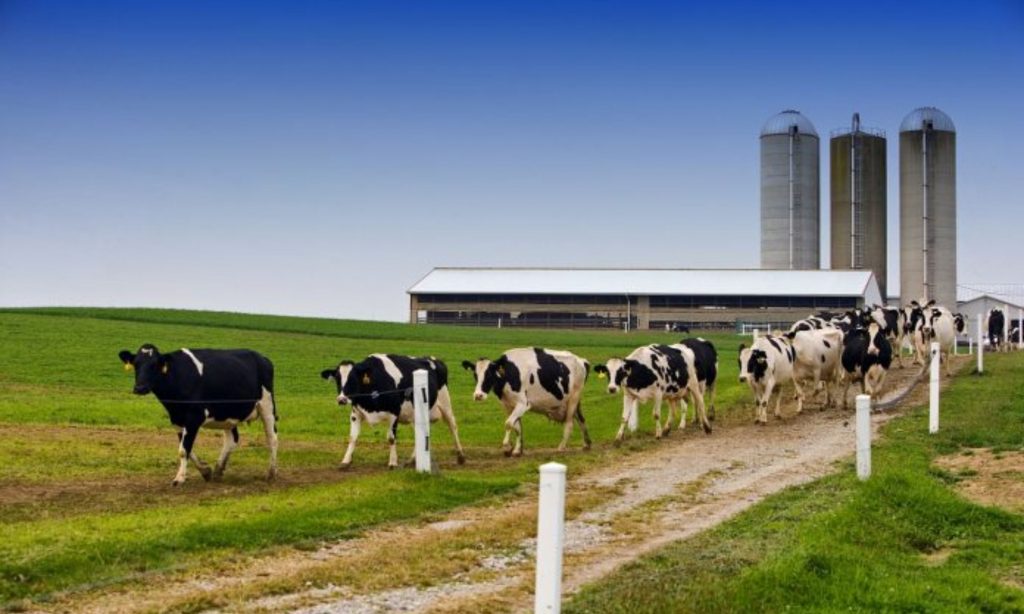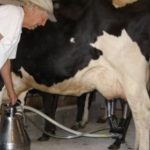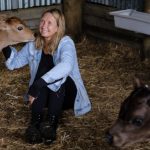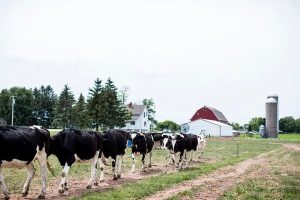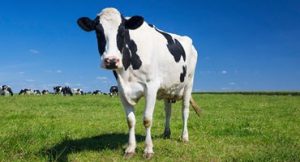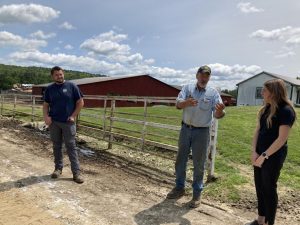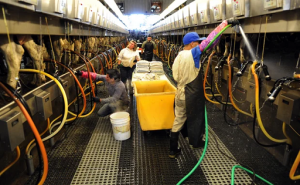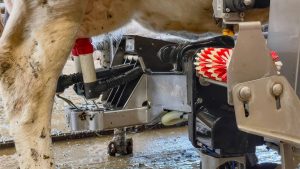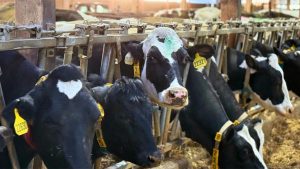
dairy farm
Why talk about apple harvest in the middle of the winter? Dairy farmers harvest a milk crop every day of the year. We can all enjoy daily fresh dairy products because our dairy farmers work 24/7/365.
As we enter a new year, reflect on new goals and make proper decisions on which apples to pick, good ones or rotten ones. Making the right business decisions determines the business outcome. The “low-hanging fruit” principle in farming is that a task can be accomplished with ease but may not result in overall improved business performance.
A dairy farmer makes hundreds of decisions. Picking the right questions can and will determine your farm business outcome. Don’t get bogged down in too many daily tasks and forget the bigger important questions that often do not get answered. The business areas of finances, expansion, farm size, labor, land (crops/feed), buildings, machinery and legacy are important. A farm profit seminar I attended described five methods of profitable multigenerational dairy farms. These five are high milk and repro performance, efficient labor, high components, low cost and overall efficient.
All these farms had the common factors of comfortable cows, excellent facilities, quality forage, reliable labor and proper transition cow management.
Best management practices (BMPs) for transition cows have been identified in the areas of housing, stocking density, nutrition, cow grouping and health. Be familiar with these BMPs and get educated on how to implement them on your dairy.
Does every practice work on every dairy farm? No and “know.” Not all things work on every farm. However, educate yourself and know why it did or does not work on your farm. Become educated why a BMP did not work on your farm as this can identify a more limiting practice that can be changed to bring higher profit.
Don’t spend your time picking “low-hanging fruit” but seek out and educate yourself on what your rotten apples are that limit progress. Good sources of insight and information are your educated advisors. Veterinarians are required to obtain CEU per hour to maintain their professional license. Crop advisors require CEU to be certified. Professional nutritionists that are well educated are certified by American Registry of Professional American Scientists and require CEUs for licensure.
What prevents farmers from not implementing BMPs? They perceive the change as low priority, impractical, too expensive or don’t seek change and believe “I am doing ok.” Proactive managers look long-term and plan for the future. A progressive farm said to me recently, “if I do not gain at least one pound of milk per cow per year then I am going backward.” Complacent managers reflected a degree of contentment with the current status and do not seek change.
A veterinarian told me recently that he has some clients that believe “Well, that’s good enough and if it isn’t broke, not gonna fix it.” The veterinarian knows things could be better. A reactive manager makes changes when problems or relationships with advisors or suppliers change. “If there’s a bunch of problems all of a sudden, then we’ll look at it. But, for the most part we don’t actually look at it too much”
What questions do you need to ask about your dairy herd and your transition dairy cows? Choosing the “low-hanging fruit” can patch a current dilemma. A better decision is seek options to improve, educate and implement. A few rotten apples should not spoil the entire bushel. Keep learning and growing.
